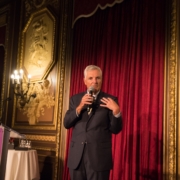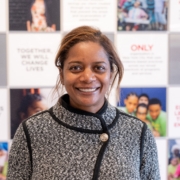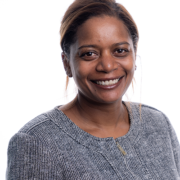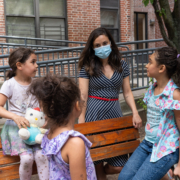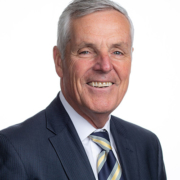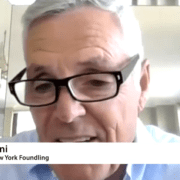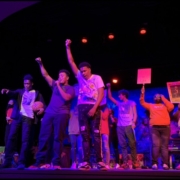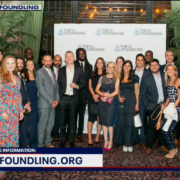The American Psychiatric Association Foundation (APAF) announced the winners of its 2022 Awards for Advancing Minority Mental Health at its annual benefit held in conjunction with APA’s 2022 Annual Meeting in New Orleans.
The Foundling was one of the recipients of this award, given our commitment to providing mental health treatment and social services targeted to the needs, strengths, and cultures of its diverse community. The award honored our goal of removing disparities, particularly in the following communities – LGBTQIA+ youth and their families; the Deaf community; and Latinx and African American families in Harlem.


